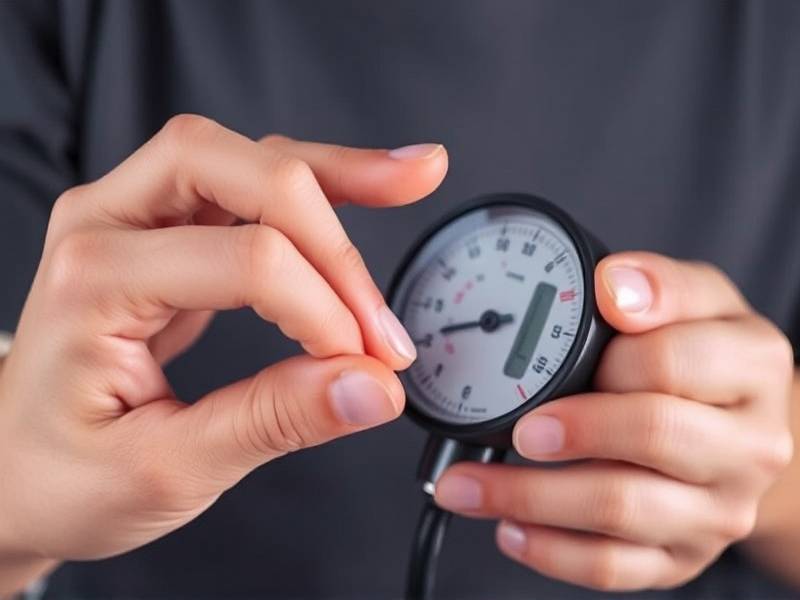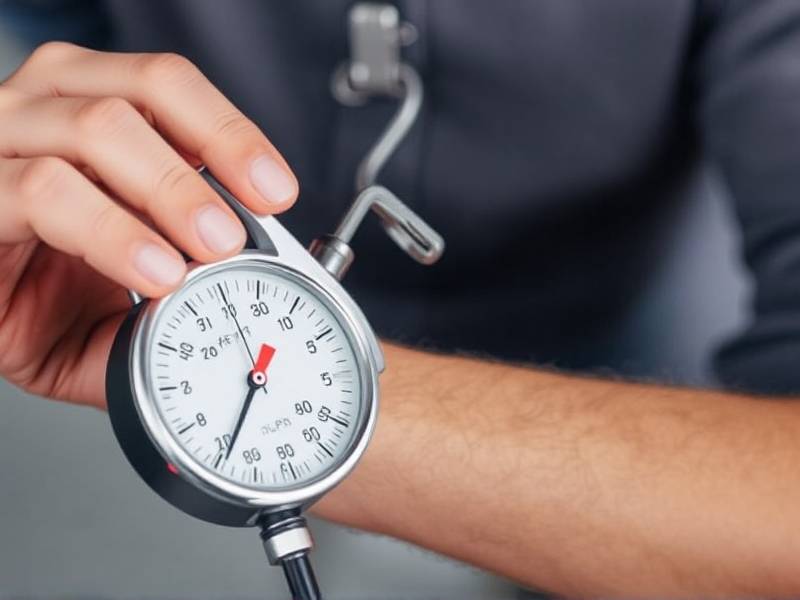How Much Does Blood Pressure Drop When You Quit Smoking?
The Impact of Quitting Smoking on Blood Pressure: What You Need to Know
Introduction: Quitting smoking is a significant step towards improving overall health, and one of the most noticeable benefits is a reduction in blood pressure. This article delves into how much blood pressure can drop when you quit smoking, providing valuable insights for those considering this life-changing decision.
Understanding Blood Pressure and Smoking

Blood pressure is the force of blood against the walls of your arteries as your heart pumps it around your body. High blood pressure, also known as hypertension, is a common condition that can lead to serious health issues if left untreated.
Smoking is a leading cause of high blood pressure due to the harmful chemicals present in tobacco products. These chemicals constrict blood vessels, increasing the workload on the heart and raising blood pressure levels.
The extent to which blood pressure drops after quitting smoking varies from person to person. However, studies have shown that within 24 hours of quitting, your blood pressure begins to decrease gradually.
Here are some key points regarding the reduction in blood pressure after quitting smoking:
-
Immediate Reduction: Within 24 hours of quitting, your blood pressure starts to decrease as the body begins to rid itself of harmful chemicals.
-
Long-Term Benefits: Over time, quitting smoking leads to a more significant drop in blood pressure. According to research from the American Heart Association (AHA), individuals who quit smoking can lower their systolic (upper number) and diastolic (lower number) blood pressures by up to 10-15 mm Hg.
-
Additional Health Benefits: Besides lowering blood pressure, quitting smoking also reduces the risk of heart disease and stroke, making it an essential step towards better cardiovascular health.

Factors Influencing Blood Pressure Reduction
Several factors can influence how much your blood pressure drops when you quit smoking:
-
Duration of Smoking: The longer you have smoked and the more cigarettes you have smoked daily, the greater the potential for a significant drop in blood pressure after quitting.
-
Age: Younger individuals may experience more substantial reductions in their blood pressure compared to older adults due to differences in their bodies' ability to recover from smoking-related damage.
-
Overall Health: Individuals with pre-existing health conditions may see varying degrees of improvement in their blood pressure after quitting smoking.
Conclusion:
Quitting smoking offers numerous health benefits, including a significant drop in blood pressure levels. By understanding how much your血压 can decrease after quitting and considering personal factors that may influence this reduction, you can make an informed decision about taking this vital step towards better health. Remember that seeking support from healthcare professionals or joining support groups can enhance your chances of successfully quitting smoking and experiencing its long-term benefits.
